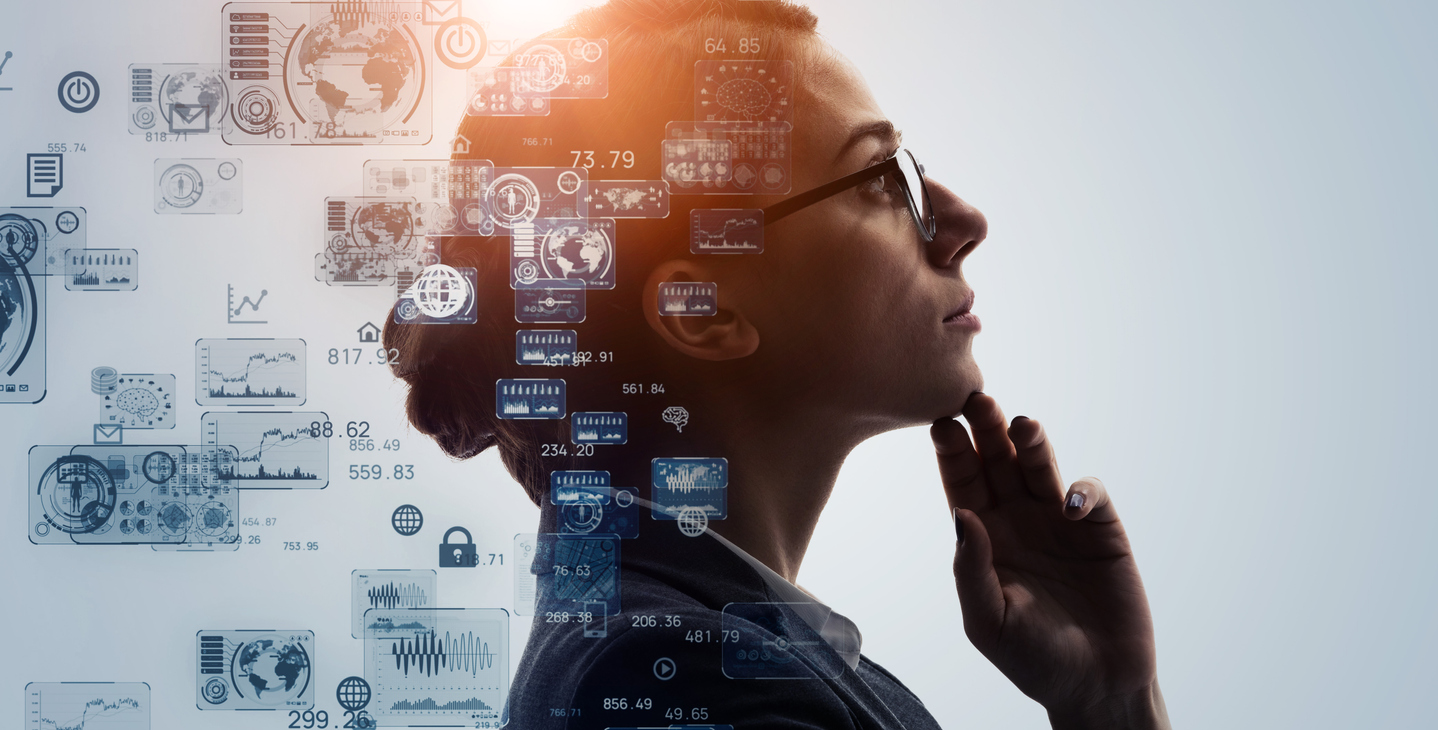When we have to do deep thinking, analysis, or any type of probability calculations, we tend to “guess” as to what feels like the right answer by drawing clues from our available memory.
Recently I attended a pub quiz with my friends and one of the questions was a puzzle with 3 clues. The clues were about a famous person and we had to guess who the person was. These were the clues:
– Actor
– African-American
– 7 Oscar nominations and 1 Oscar win
If I give you a minute to answer, what would be your guess? Before I tell you our answer (spoiler alert, we got it wrong), let me introduce you to the Availability Bias.
What is the Availability Bias?
The quickest way our brain can make decisions is by filtering information out and focusing on information that is relevant to the decision we are trying to make. The less information we have to consider, the simpler the decision.
But how does our brain decide which information to focus on?
Under the influence of Availability Bias, this filtering is done with the assumption that, if it is easy to recall, then it must be relevant to the decision at hand.
Therefore, the information that comes to mind fastest (i.e., is easiest to recall) most influences the decisions we make. The question remains; are memories that are easiest to recall necessarily the most accurate?
Well, yes and no. And, no and yes.
If I had to ask you do more people die of dog or cat attacks annually, you’d probably be able to recall a handful of news reports of dog maulings, but probably none of the cat attacks. And you’d be right to say dogs cause more human fatalities. But, if I asked you do more people die of dog or cow attacks annually, you may come to the same conclusion, but you may be surprised to know that the annual numbers (in the USA) hover between 20-30 for both animals, with dogs only slightly higher.
The memories we recall more readily are those that have had the most emotional impact on us or those that align with our beliefs (a bit of confirmation bias at play here). But, this doesn’t make them right.
Example
So, going back to my pub quiz example; under the availability heuristic, we would tend to make our choice based on what we could easily remember about either the Oscars or African-American actors.
Our guess? Will Smith.
Why? Because for the past few weeks the news of Will Smith slapping Chris Rock at the 2022 Oscars is EVERYWHERE. You cannot turn on the TV or open social media without Will Smith’s face blowing up at you. A quick check would determine that he fits the first two clues and, at least a part of, the third clue…
*The right answer is Denzel Washington
Overcoming Availability Bias
As with most cognitive biases, the best way to mitigate the effects the bias has on your decision-making and judgment is by acknowledging and becoming more present to it.
Granted, this is often difficult because the biases operate in our unconscious, so becoming aware of them is tricky… unless we engage our conscious mind.
One way we can try to avoid the Availability Bias trap is by asking ourselves why we believe what we believe. Is it because we have the statistics on hand or because of the ease with which we remembered relevant examples? Anything less than actual data, we should be suspicious of.
Mirta is a Director of ViAGO Limited, a behavioral science enthusiast, and a mum to three boisterous boys.
